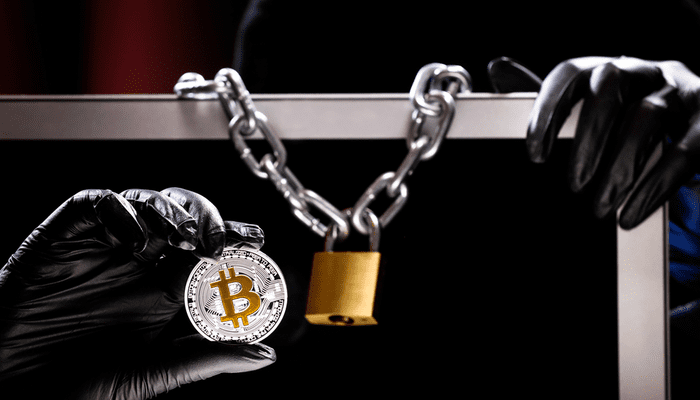You may be under the impression that computer viruses only spread through shady websites. But unfortunately you are wrong: viruses are much more common than you might think. Now it appears that a new virus is being spread via YouTube. The victims? Browsers and cryptocurrency wallets.
Virus in YouTube
Cybersecurity researcher Cyble discovers† In a YouTube video about bitcoin (BTC) mining with ‘AIONHash software’, a virus called ‘PennyWise’ is spread. The video refers in the description to a site where the software is hidden. The video had only been seen a few times during the investigation, but there are already about 80 similar videos on YouTube with links to the virus.
Your computer can get infected through most web browsers, including over 30 Google Chrome-based browsers, over 5 Firefox-based browsers, and Opera and Microsoft Edge.
The virus also uses various tactics to hide itself well. For example, the attack is immediately aborted if the software detects that it is being installed on a computer from Russia, Belarus, Ukraine or Kazakhstan. That suggests that the attackers behind the virus may be Russian, though that shouldn’t come as much of a surprise.
Crypto wallets vulnerable
PennyWise virus is a so-called “Infostealer,” or malware that steals information. PennyWise can steal various types of files on your computer, as well as passwords stored in your browser. Certain crypto wallets are also vulnerable to the virus. Cyble lists the wallets of Armory, Bytecoin, Jaxx, Exodus, Electrum, Atomic Wallet, Guarda and Coinomi as examples.
Once the malware finds such a wallet on your computer, it searches for personal data. After this data is stolen, the virus removes the software. It is unclear whether and how many victims the virus has already made and how much crypto has been stolen in this way. This virus clearly illustrates that it is never a good idea to keep all your passwords on your computer, even if you protect it properly.
